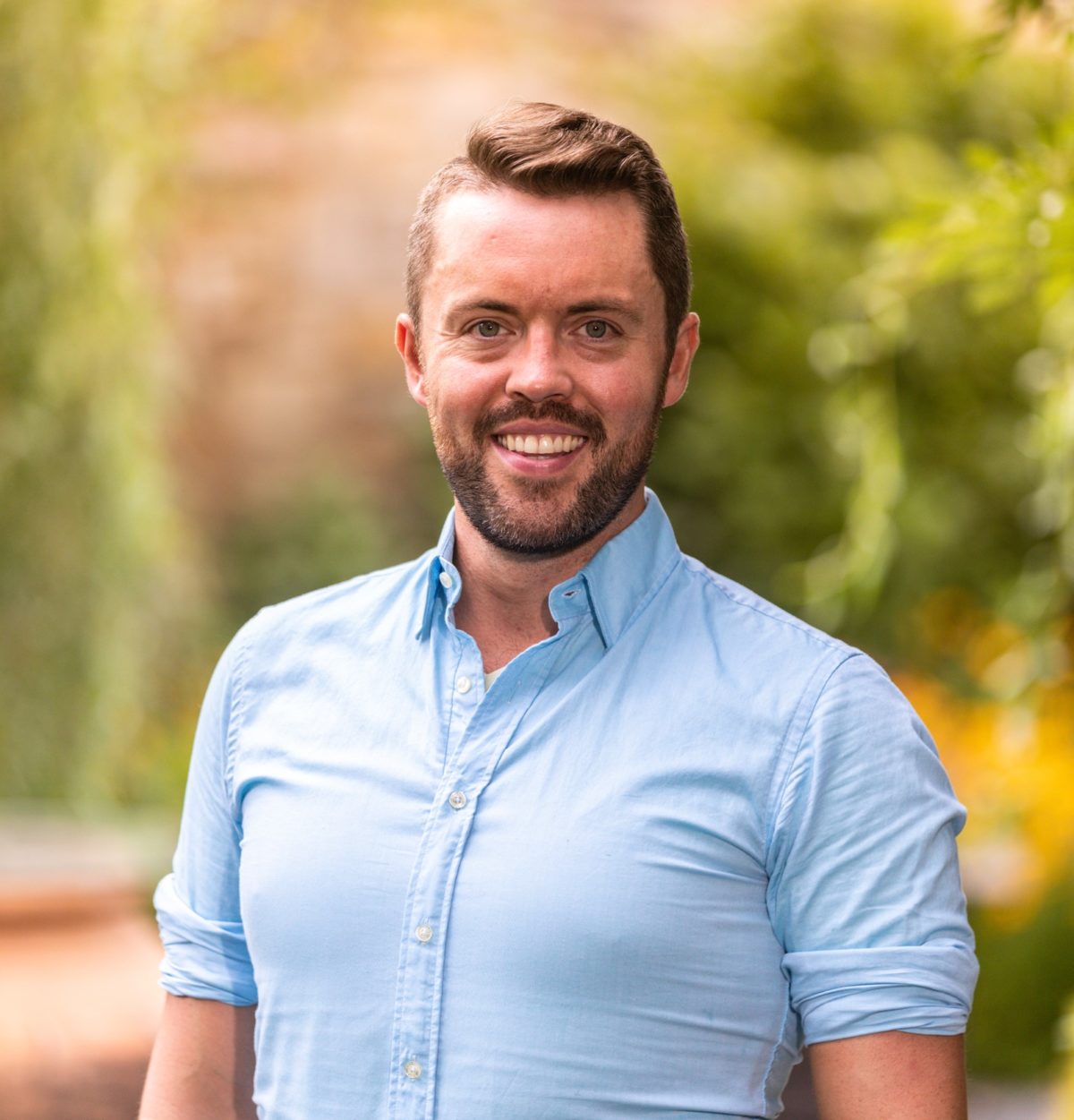To Foundation for the Future cofounder Tim Chrisman, space travel isn’t boring enough yet.
In the midst of writing his book, Humanity in Space, Chrisman told Technical.ly he realized that while he had high hopes for the future of space travel, it still didn’t seem fathomable that he himself would be able to go someday. While there was plenty of innovation for astronauts and space for the Jeff Bezoses of the world to take the journey, the former CIA agent said there was still plenty missing when it came to regular people making the trip. Foundation for the Future, his nonprofit that focuses on infrastructure for space travel, was born.
“Kids like to think, ‘I’m going to be an astronaut, I’m going to go to space.’ Parents pat them on their head and are like, yeah, of course, when you own a unicorn,” Chrisman said. “That’s the sense space still has even though it’s expanding, more people are going. So we’re trying to put, or at least design, those boring, background things that need to be in place to make it a normal place.”
The Merrifield, Virginia-based organization currently has 10 employees, and he anticipates growing to 15-20 over the next year.
Almost a year after its founding, the organization centers its efforts on the behind-the-scenes potential for space travel. In out-of-this-world development, that includes things like mineral and power reserves in outer space, wireless power transmission and space-based solar power. The Foundation, Chrisman said, works on anything from long-term financing vehicles to expanding the space workforce to policy design and advocacy in politics.
“The big thing is, if we do it here, we need it there,” Chrisman said. “[It means] thinking about ways that whatever it is that you’re using in a technological capacity here, how can that be adapted to a harsher environment?”
Realistically, if you can weld a plane, you can weld a rocket.
Although it was originally concentrated around infrastructure, Chrisman said the foundation has since expanded to include efforts around workforce development for space travel. It’s since partnered with organizations like a space finance firm trade association, which helps fund projects, and it has a bill pending introduction in the House of Representatives that looks to add several million jobs in the space sector, in both technology and in blue-collar building jobs. It’s also taking part in a grant program with NASA to help add more education options and allow more schools across the country to develop curriculums for space builds and development.
“Realistically, if you can weld a plane, you can weld a rocket,” he said. “If you can be a pipefitter for an oil and gas well, then you can do that for a fuel system for spacecraft.”
Although rides to space by everyday people might need a bit more time to become commonplace, he foresees several thousand people eventually living in space semi-permanently, in the same way that there are scientific encampments in remote parts of Alaska and Antarctica. The International Space Station, he said, has hosted at least four-to-five humans each year for over two decades, and he expects that to double annually starting in the next few years.
“Having [space] as another place that these technological things can be adapted to is really the main shift,” Chrisman said. “Sure, there’s going to be a lot of new innovation that comes out, but most of the progress is going to be people smarter than me doing things that are exciting here on the ground and realizing: I can shoot this into space too.”
Join the conversation!
Find news, events, jobs and people who share your interests on Technical.ly's open community Slack

DC daily roundup: the DMV's VC cooldown, SmartSigns for safer driving; Rep. Schiff's AI copyright bill

Will the life sciences dethrone software as the king of technology?

Delaware tech leaders gather at White House for action summit with Biden and Harris


